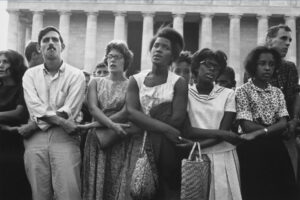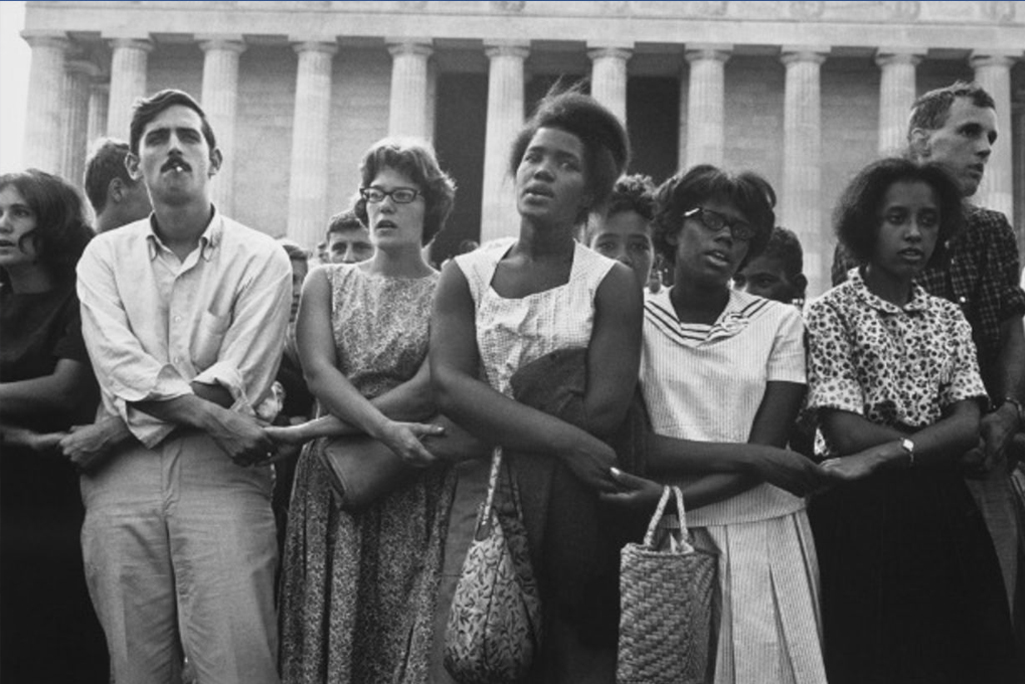 How did Critical Race Theory, Critical Theory, Marxism, Feminism, and all sorts of other Leftist ideas enter the pulpits of churches and denominations around the world? You are going to want to familiarize yourself with the following concepts outlined by Darrell B. Harrisson, who penned this at the Statement on Social Justice and the Gospel website. This explanation was written over 5 years ago, and could not be more true as we are now seeing clearly the havoc wreaked by social justice warriors in all aspects of our culture.
How did Critical Race Theory, Critical Theory, Marxism, Feminism, and all sorts of other Leftist ideas enter the pulpits of churches and denominations around the world? You are going to want to familiarize yourself with the following concepts outlined by Darrell B. Harrisson, who penned this at the Statement on Social Justice and the Gospel website. This explanation was written over 5 years ago, and could not be more true as we are now seeing clearly the havoc wreaked by social justice warriors in all aspects of our culture.
See our White Paper on Progressive (Social Justice) Christianity.
As I compose this commentary, there remain segments within the American evangelical church that continue to advance and propagate the principles and tenets of the “gospel” of social justice. Increasing numbers of evangelical churches, pastors, and ministries are buying into what I consider merely a new presentation of an old soteriology: salvation by social activism.
One such organization, Evangelicals For Social Action, describes itself as “a catalyzing agent for Christ’s shalom via projects focused on cultural renewal, holistic ministry, political reflection and action, social justice and reconciliation, and creation care. Rather than a typical “think” tank, ESA is a “do” tank whose purpose is to mobilize movements for constructive social change.” Conversely, The Evangelical Network lists as one of its missional objectives to “offer a safe place for LGBT people and the evangelical church community to dialogue.”
There are other examples, of course, but I highlight the aforementioned not to single them out for any particular reason but in an effort to establish some context for what I am about to say.
Unlike previous embracements of this ideology by the church – because there is truly nothing new under the sun (Eccl. 1:9) – this current adoration of the social gospel seems especially occupied and absorbed with the idea of personal identity. That is, a self-focused desire to be acknowledged and, perhaps even admired, not for who we are in Christ (Col. 3:1-3) but for who we are in ourselves and in what makes us unique apart from Him.
For evangelicals, the social gospel has traditionally been defined primarily in terms of the joining together of ecclesial and secular resources toward the (re)formation of systems and structures that are consistently just and equitable to all, but especially toward those who are deemed to have been unjustly oppressed and marginalized by those systems and structures. It is a visage that was shared by American theologian Walter Rauschenbusch, an important yet veritably unknown figure in the social gospel movement of the 19th and 20th centuries, who once asserted that: “The kingdom of God is not a matter of getting individuals to heaven, but of transforming the life on earth into the harmony of heaven.”
It is my contention that the “heaven on earth” theology to which Rauschenbusch subscribed is at the heart of the contemporary evangelical social justice movement.
Though his name may not be widely known, either in ecclesial or secular circles, the soteriology of Walter Rauschenbusch, an advocate of Christian socialism and a major influence on more notable social gospel adherents such as Dr. Martin Luther King, Jr. and Bishop Desmond Tutu, mirrors that of increasing numbers of evangelical Christians today. In Christianity and the Social Crisis, published in 1907, Rauschenbusch expressed the belief that: “the essential purpose of Christianity was to transform human society into the kingdom of God by regenerating all human relations and reconstituting them in accordance with the will of God.” Continue reading


